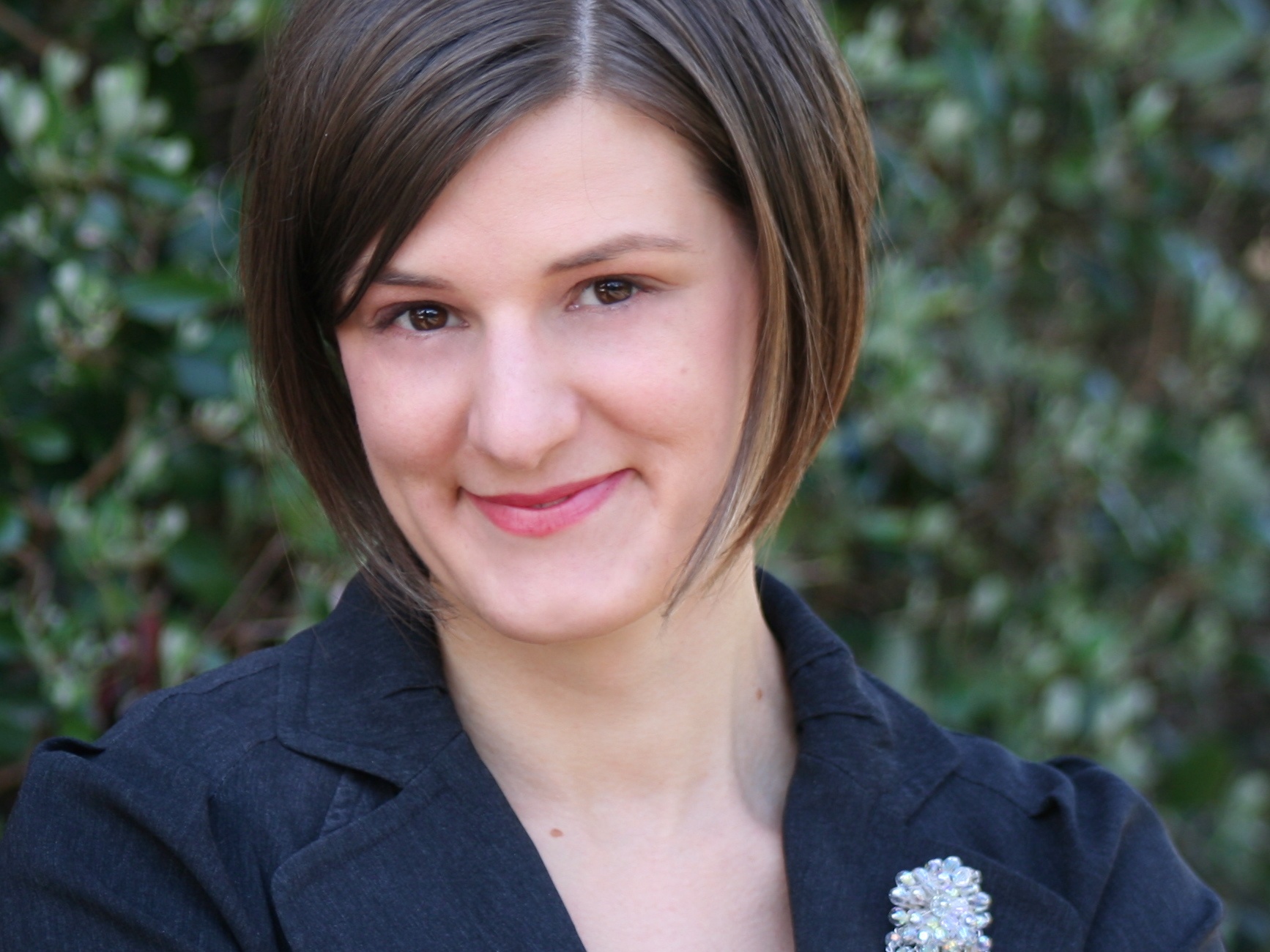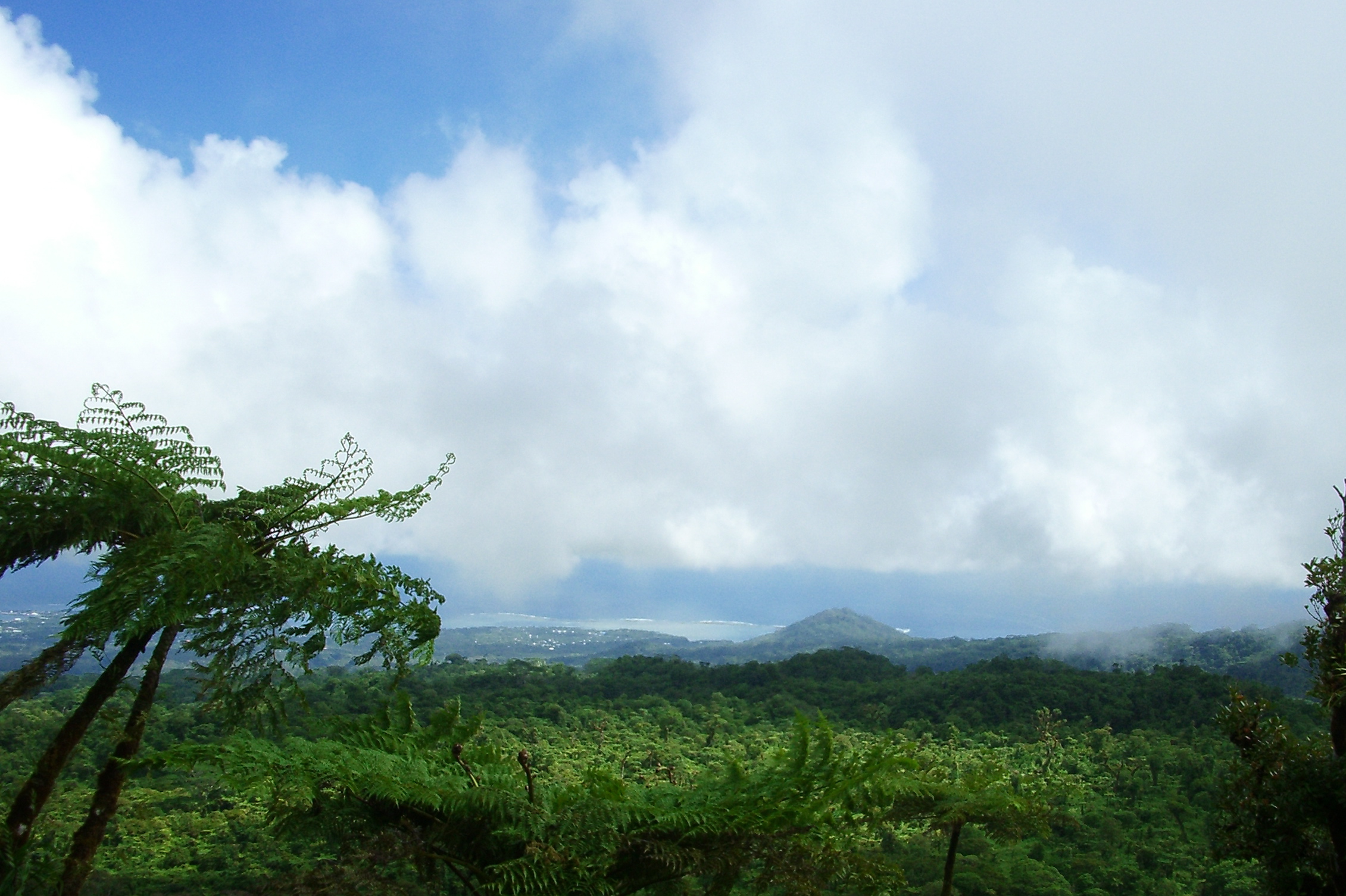From the Pacific Islands to MLS
Samoa is a home away from home for MLS PhD student Anna Dziedzic. “It is the first place I have visited that I absolutely knew I would come back to again and again,” she says.

Having worked for the Australian Government for five years, working in legal policy at the Department of the Prime Minister and Cabinet and the Australian Law Reform Commission, and a year as an Associate at the Federal Court, Anna migrated to the UK to study her MA in Human Rights at University College London. The Australian native then relocated to Samoa to volunteer at the Samoa Law Reform Commission.
Living and working in Samoa was “an overwhelmingly positive personal and intellectual experience” she says. “The people I met while working in law reform were very friendly and interested in me and my work and also very generous in sharing their knowledge and experiences.”
During her four months in the country, she also became intrigued with how Samoan cultural values and customs interact with common law to create a unique and effective constitutional system, a curiosity that eventually inspired her doctoral studies at MLS.
Anna came to MLS in 2012 after she successfully applied for a Research Fellow position with Professor Cheryl Saunders for an ARC research project about the challenges of comparative constitutional law. “Working with Cheryl I learned so much about comparative constitutional law and once that project was finished I decided to stay on and do my PhD at MLS,” she says.
Anna’s research for her PhD focuses on the use of foreign judges in domestic courts in the Pacific region. In most countries, the judges who sit on the highest courts are citizens of that country. But in the Pacific, judges from Australia, New Zealand, Sri Lanka, the UK, Africa and other Pacific states regularly sit on the country’s highest courts and hear constitutional cases.
“The difference is striking – many people I speak to are surprised to hear about the prevalence of foreign judges in the Pacific, although it does echo the historical practices, such as the use of Privy Council appeals in many common law countries, and also links to international adjudication bodies.”

The view from Samoa
Anna has identified all the foreign judges who have sat on the hightest courts in nine Pacific states for the past 15 years and where they came from, exploring the use of foreign judges from a comparative constitutional law perspective.
“I am conducting interviews with some of these judges to understand how they came to serve in the Pacific and the terms and conditions of their appointment. The picture that I am beginning to capture shows that while all Pacific states use foreign judges, the nature and extent of the practice differs across the region, reflecting different reasons for using foreign judges and different expectations of their role.”
Anna also wants to achieve a greater understanding of the differences between foreign and local judges. “I want to understand if there is any difference between a foreign judge and a local judge, and if so, where that difference lies: What are the implications of the use of foreign judges for judicial independence? Does the practice affect the legitimacy of the court? Do foreign judges bring a different approach to judicial decision-making?”
The Pacific is generally underrepresented in comparative constitutional law. While there are some important studies that consider the impact that foreign judges have had on Pacific jurisprudence, according to Anna there are none that “examine who the judges are and the terms and conditions of their service in conjunction with the effect that the practice has on the judicial institutions in both donor and recipient countries.” This is the gap that Anna’s research intends to fill.
“It is likely that Pacific countries will continue to use foreign judges for some time to come and I hope to use my research findings to produce good practice recommendations about how Pacific states can best use foreign judges within their constitutional systems,” she says.
Anna’s research has also deepened her passion for Samoa, Pacific peoples and their cultural history. “One reason I chose my PhD topic was that it gave me the opportunity to learn more about the Pacific region. Not just about Pacific laws, but also about Pacific peoples and their ways of living, and Pacific art and writing. I may even learn to speak Samoan one day.”
By Kate Edwards